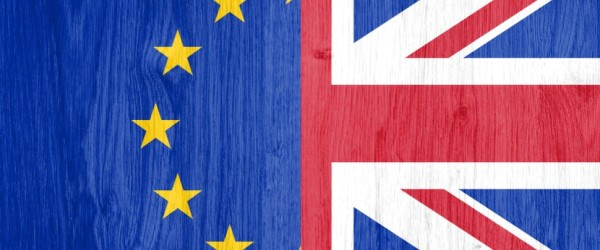Meeting the challenge of Brexit customs checks

- United Kingdom

Martyn Kember-Smith
Marketing and Communications Officer
On 1 January 2022, full customs controls and checks came into force for goods entering GB from the EU. So if you are you an importing business within the UK, or a supplier providing goods to customers in the UK then you need to consider how well you and your trading partners throughout your supply chain are prepared for the new customs requirements. Liam Jolliff and Steven van der Meulen take a look at the challenges facing clients.
It's now been a month since the full post-Brexit customs checks came into force and we've heard from a number of our clients that they are experiencing additional delays in cases where their partners weren't up to speed with the changes. Others say they are having to consider changing their sales and commercial agreements with many of their customers.
What are the key changes?
Changes to import declarations
Import declarations are now required for all goods and declarations can no longer be deferred as they could be during the transitional period. Customs checks will be carried out on all goods entering the UK with additional checks for some goods types.
New schemes introduced by the UK government
New schemes: the UK government has introduced new schemes to support companies with these changes and help it deal with post-Brexit trade.
These include the Goods Vehicle Movement Service (GVMS), a border control IT system for coordinating the movement of vehicles. It is estimated the system will need to process 400 million customs declarations a year.
Even if these changes are not new to you and your business, it is critical you consider the robustness and sustainability of your supply chain, and ensure all parties in it are aware of their role.
Some important things to bear in mind
Understand the potential impact on any commercial agreements, such as the Incoterms of your import or export. Responsibilities may now have changed in some important respects.
Consider any differences or additions to checks on the types of goods you trade. For example, since the beginning of 2022 sanitary and phytosanitary (SPS) checks have been introduced on GB-EU imports.
Talk as early as possible to your supply chain participants: hauliers, freight forwarders, logistics providers, clients, suppliers and so forth, to ensure everyone is prepared for the changes in order to avoid unnecessary delays.
More information
Alternatively, if you have any trade related queries, or want to know how ABN AMRO could support you, then our Trade Specialists are here to help.
In the UK
Liam Jolliff, ABN AMRO Director Trade Business Development Transaction Banking Hub:
Outside UK
Steven van der Meulen, ABN AMRO Senior Consultant Trade & Guarantees: